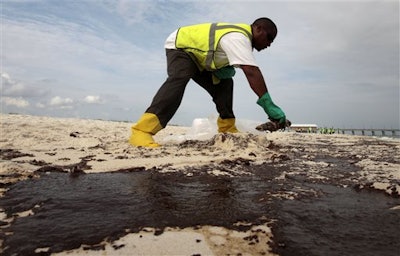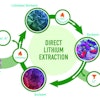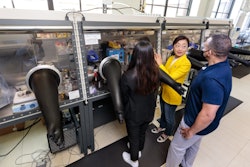
Environmental researchers and BP attorneys sparred Wednesday over the potential effects of the 2010 Gulf oil spill in a trial aimed at determining whether the oil giant should be made to pay some $13.7 billion in Clean Water Act penalties.
A government witness, Dr. Stanley Rice, a retired National Oceanic and Atmospheric Administration toxicology expert, was critical of a BP expert's report on toxicity levels in Gulf waters in the months following the April 20, 2010, explosion of the Deepwater Horizon rig at BP's Macondo well.
Under friendly questioning from a Justice Department lawyer, Rice outlined his criticisms, saying the report did not focus sufficiently on surface waters or a deep-sea plume of oil that followed the disaster.
"You do not get the impression that there's anything to worry about," Rice said of the report.
Under cross-examination, Rice acknowledged some errors in his own reports, which were based on peer-reviewed studies of the effects of the spill. For instance, he agreed that some sample data and reported locations were mismatched in one chart. However, he stuck to his overall conclusions.
BP attorney Hariklia Karis also questioned Rice about his use of studies pertaining to the effects of oil on tuna embryo, noting that the tuna species mentioned in the studies does not live in the Gulf. Rice said the reactions of the embryos from each species would likely be the same although the dosages of oil that would cause those effects would likely differ.
The three-week trial opened Tuesday. The government is pushing for a record Clean Water Act penalty as high as $13.7 billion — $4,300 for each of the 3.19 million barrels of oil that presiding U.S. District Judge Carl Barbier has ruled was discharged as a result of the disaster.
BP estimates it has already piled up $42 billion in costs related to the spill, including cleanup costs, criminal penalties and settlements with businesses affected by the spill. The corporation is pushing for an unspecified lighter penalty, arguing that the purposes of the Clean Water Act, including to deter future harmful behavior and encourage strong mitigation, have already been achieved.. BP attorneys also are arguing that mitigation efforts were effective and have challenged government assertions of continuing environmental, economic and social harm caused by the spill.
In addition to pushing for the hefty BP penalty, the government has suggested a $1 billion-plus penalty for Anadarko, a minority partner in the Macondo well. Anadarko is fighting that penalty, noting that it was a non-operational partner in the well.
No decision is expected soon. Post-trial briefing schedules stretch into April.
BP is scheduled to begin calling its experts Monday.
The first witness the government called Wednesday was Donald Boesch, a professor from the University of Maryland Center for Environmental Science. Boesch recounted potential harm to sea-life populations based on the effect of oil on microbes at the bottom of the natural food chain.
BP attorney Mike Brock questioned Boesch's analyses at length in cross-examination.
"You've done no independent analysis of any population change for any fish species, correct?"
"I have not done that," Boesch replied, but he consistently defended his conclusions of potential harm based on his review of a host of reports and data.






















